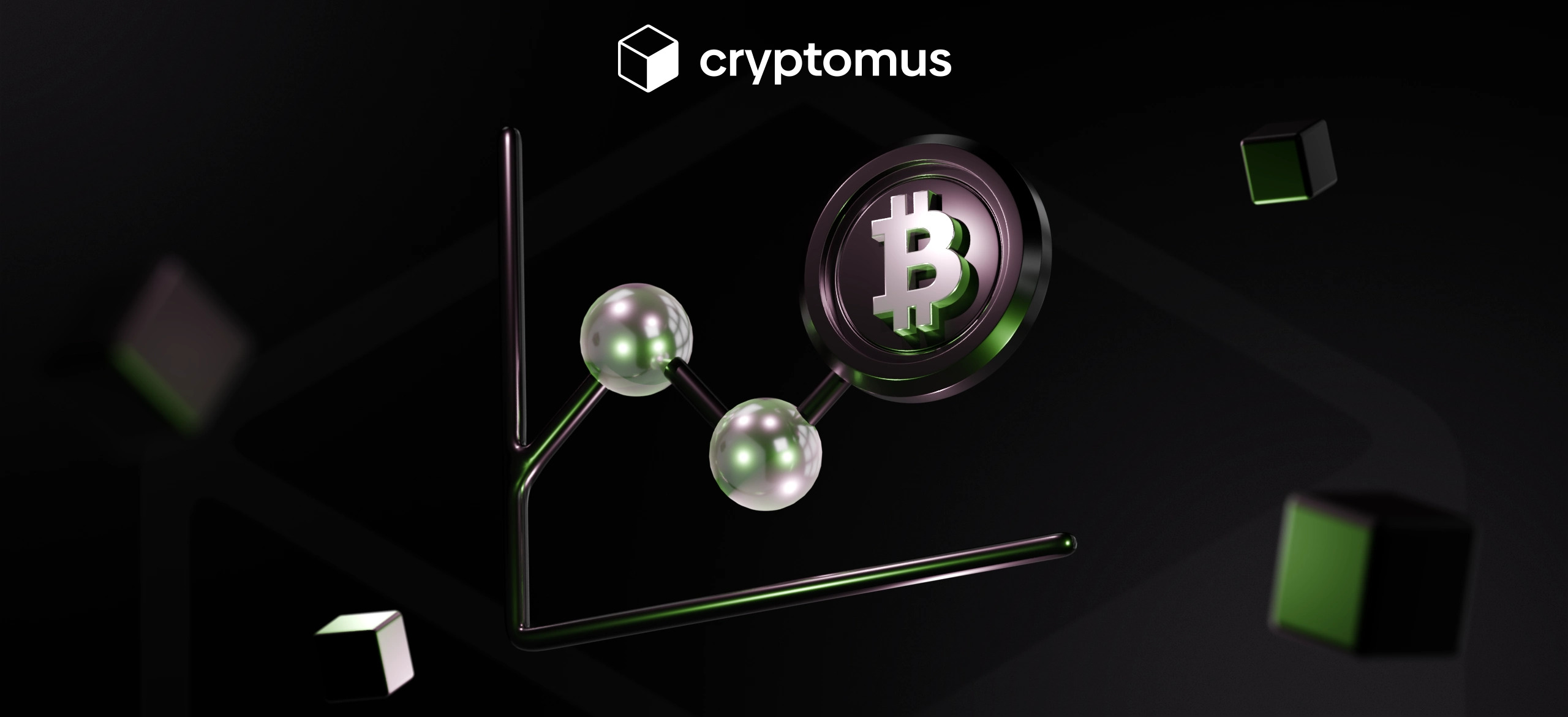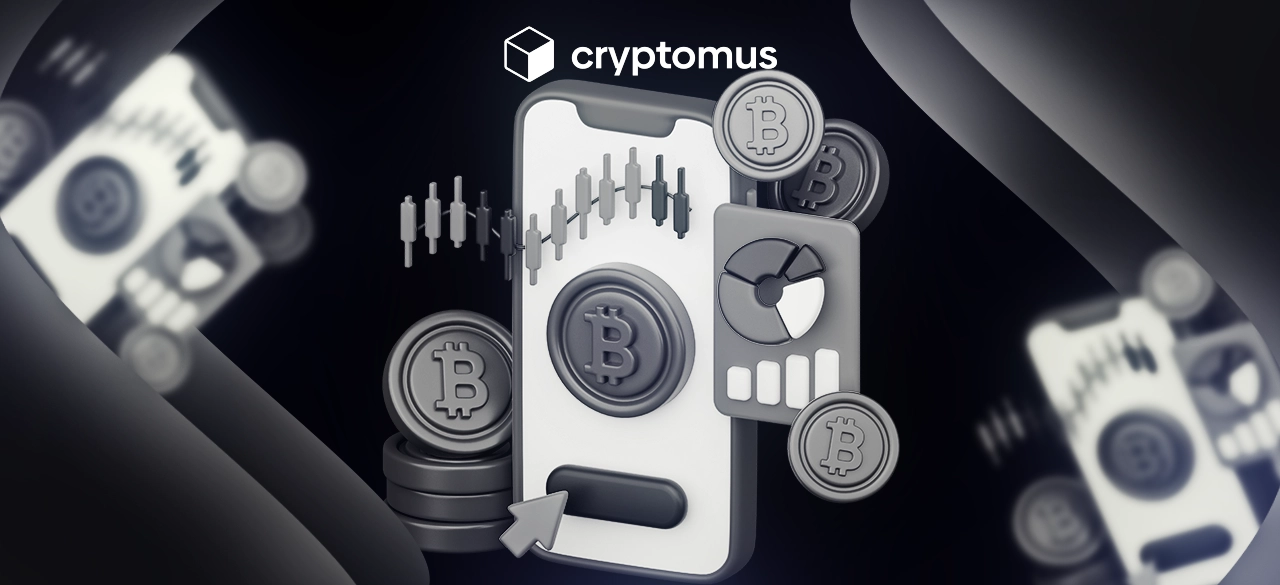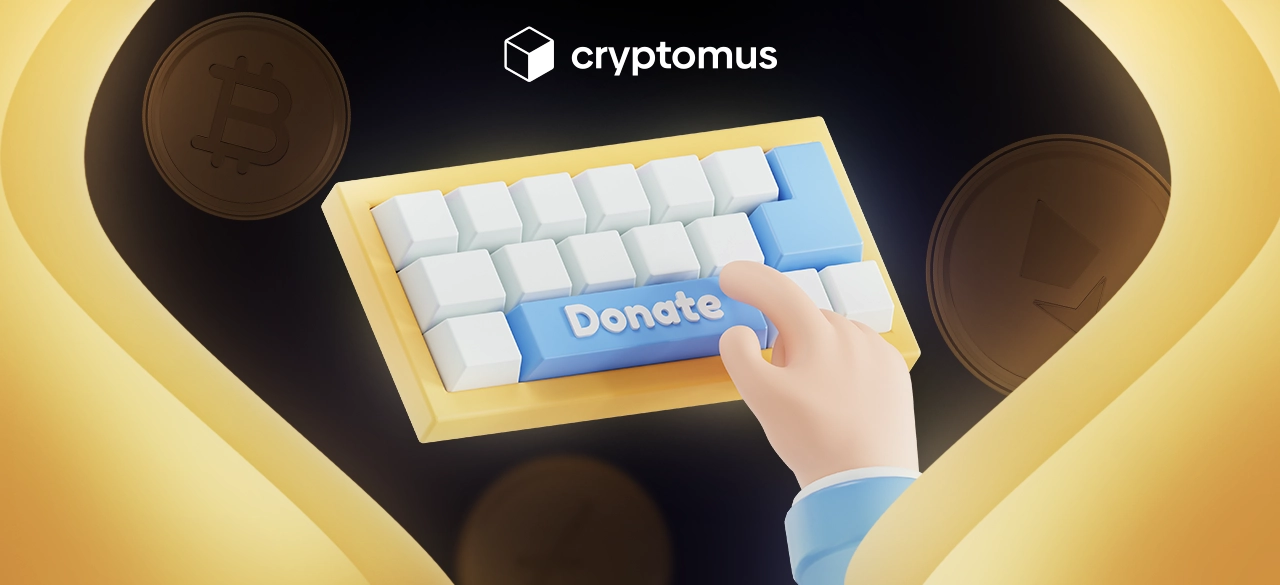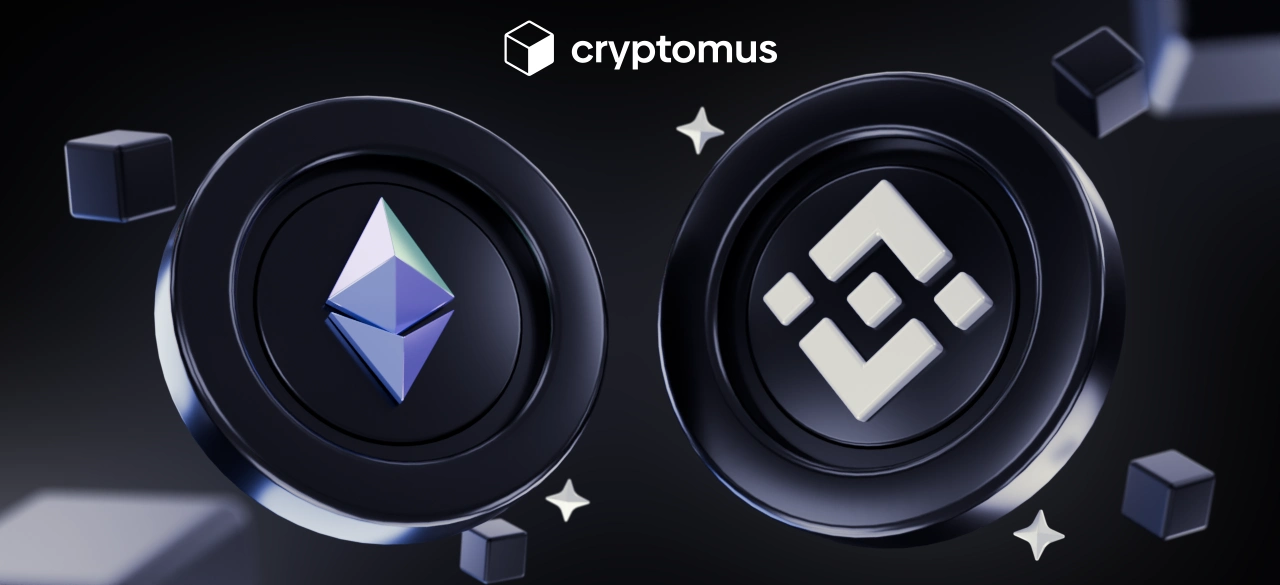
Ethereum vs BNB: Perbandingan Lengkap
Daftar isi
Ethereum dan BNB adalah platform blockchain terkemuka, masing-masing melayani tujuan yang unik meski memiliki sejumlah kesamaan. Tetapi, apa yang membedakan keduanya?
Panduan ini akan membandingkan Ethereum dan BNB. Kami akan memberikan analisis menyeluruh untuk membantu Anda memilih.
Apa Itu Ethereum (ETH)?
Ethereum adalah jaringan blockchain yang memungkinkan developer membangun dan mengimplementasikan smart contract serta dApps. Diluncurkan pada 2015, Ethereum menjadi cryptocurrency terbesar kedua dalam waktu kurang dari satu dekade.
ETH, cryptocurrency native Ethereum, menggerakkan jaringan dan memungkinkan transaksi. Kemampuan platform ini untuk menjalankan smart contract — yang membuatnya dijuluki “world computer” — mendorong pertumbuhan DeFi, NFT, dan berbagai aplikasi blockchain lainnya.
Apa Itu BNB?
BNB adalah cryptocurrency native Binance, exchange kripto terbesar di dunia. Diluncurkan dua tahun setelah Ethereum, pada 2017. Proyek ini awalnya dimulai sebagai token ERC-20 di Ethereum sebelum bermigrasi ke blockchain sendiri.
Kini, BNB menjadi bagian dari BNB Chain, sebuah platform untuk dApps dan smart contract. Memiliki BNB memungkinkan Anda menikmati potongan biaya trading, akses fitur eksklusif, serta berpartisipasi dalam pertumbuhan ekosistemnya.
Ethereum vs BNB: Perbedaan Utama
BNB dan Ethereum berbeda dalam hal kecepatan transaksi, biaya, skalabilitas, mekanisme konsensus, serta use case. Mari kita telusuri lebih jauh perbedaan mereka:
Kecepatan Transaksi
Waktu transaksi Ethereum dapat bervariasi karena gas fees, kondisi pasar, dan lalu lintas jaringan, tetapi biasanya berlangsung dalam 1 hingga 5 menit.
Transaksi BNB umumnya diproses dalam 5 menit atau kurang. Namun, sama seperti ETH, kecepatan dapat terpengaruh oleh kemacetan jaringan.
Biaya
BNB mengenakan biaya transaksi lebih rendah dibanding Ethereum, dengan rata-rata hanya sekitar $0,01. Hal ini dicapai berkat mekanisme konsensus yang efisien dan arsitektur jaringan yang dioptimalkan.
Sedangkan pada ETH, biaya bisa melonjak tinggi saat permintaan meningkat, mulai dari $0,0001 hingga lebih dari $100. Ini bisa menjadi kelemahan besar bagi pengguna yang mengirim jumlah kecil pada jam sibuk. Selain itu, biaya tergantung pada kompleksitas transaksi, sehingga lebih mahal untuk deployment smart contract yang rumit.
Mekanisme Konsensus
Ethereum akhirnya beralih ke PoS setelah peristiwa yang dikenal sebagai "The Merge" pada 2022, yang memungkinkan pengguna ikut serta dalam validasi jaringan melalui staking ETH, bukan lagi mining yang boros energi.
BNB menggunakan kombinasi Proof of Stake Authority (PoSA), yang menggabungkan aspek Proof-of-Stake dan Proof-of-Authority. Jadi, ia memungkinkan staking BNB sekaligus menghadirkan konfirmasi transaksi lebih cepat dan konsumsi energi lebih rendah.
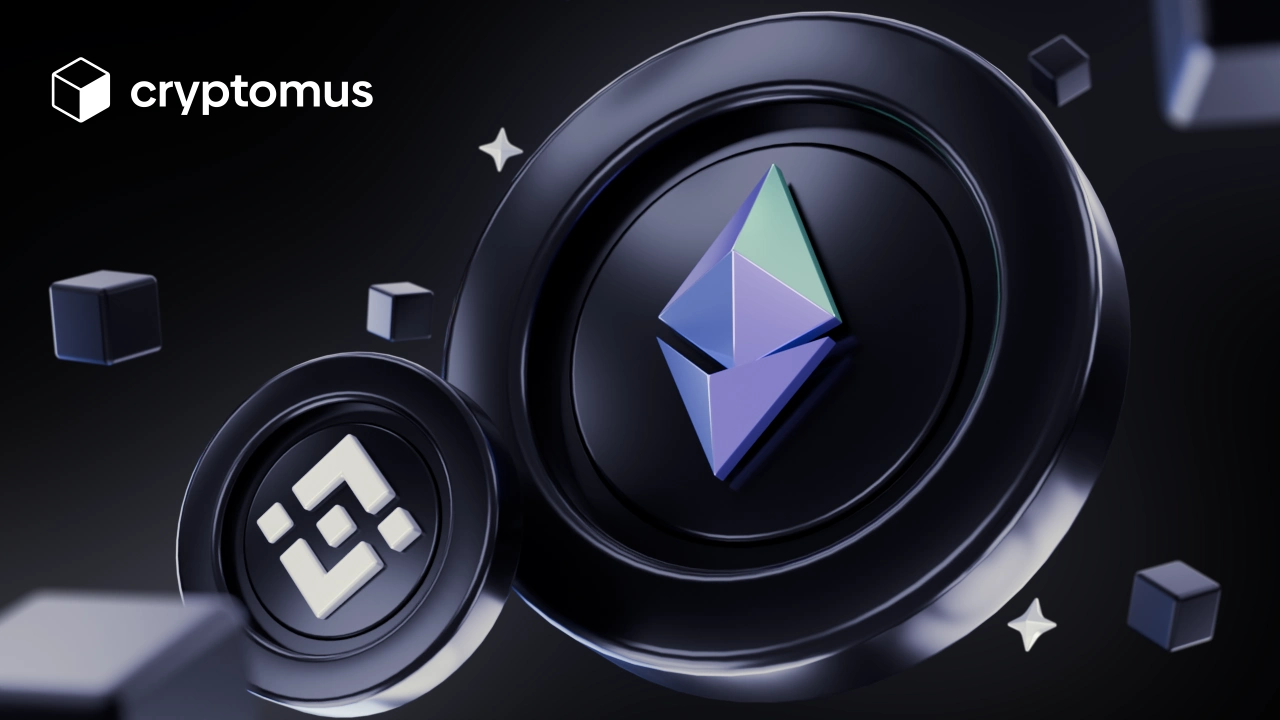
Skalabilitas
Ethereum secara historis menghadapi tantangan skalabilitas. Dengan throughput hanya 13–15 transaksi per detik, jaringan ini bisa mengalami masalah performa saat beban tinggi.
Arsitektur BNB Chain menghasilkan skalabilitas lebih baik. Ia mampu rata-rata memproses 40 transaksi per detik, dengan kapasitas puncak lebih dari 1500. Karena itu, lebih cocok untuk kebutuhan dengan pemrosesan transaksi cepat.
Use Case
BNB telah berkembang dari sekadar token biaya transaksi di Binance menjadi aset multifungsi, menggerakkan BNB Chain, memungkinkan penjualan token, bahkan digunakan untuk pembelian di platform afiliasi Binance.
Ekosistem Ethereum jauh lebih matang dan beragam. Tujuan awalnya adalah menjadi “World Computer” yang dapat menjalankan semua jenis aplikasi. Seiring perkembangan ekosistem, konsep ini memang berkurang relevansinya di komunitas. Namun, ETH tetap mendukung berbagai use case, dengan fokus utama pada DeFi, NFT, dan teknologi blockchain lainnya.
Ethereum vs BNB: Perbandingan Head-to-Head
Sekarang kita sudah membahas perbedaan utama antara BNB dan Ethereum. Untuk analisis lebih jelas, berikut perbandingan metrik keduanya:
| Coin | Tahun Launch | Dukungan Smart Contract | Kecepatan Transaksi | Biaya | Mekanisme Konsensus | Skalabilitas | Use Case | |
|---|---|---|---|---|---|---|---|---|
| Ethereum (ETH) | Tahun Launch2015 | Dukungan Smart ContractYa | Kecepatan Transaksi1–5 menit | Biaya$0.0001 – >$100 | Mekanisme KonsensusProof-of-Stake | Skalabilitas13–15 TPS | Use CaseDeFi, NFTs, dApps | |
| BNB (Binance Coin) | Tahun Launch2017 | Dukungan Smart ContractYa | Kecepatan Transaksi< 5 menit | Biaya$0.01 | Mekanisme KonsensusProof of Stake Authority | Skalabilitas40 TPS (hingga 1500 TPS puncak) | Use CaseUtilitas exchange, token sales, dApps di BSC |
Ethereum vs BNB: Mana yang Lebih Baik Dibeli?
Saat mempertimbangkan Ethereum dan BNB sebagai opsi investasi, Anda perlu menilai tujuan dan kebutuhan finansial Anda. Keduanya memiliki potensi besar, tetapi dengan karakteristik dan use case yang berbeda.
Jika Anda mengutamakan transaksi cepat, biaya rendah, dan integrasi dengan ekosistem Binance, BNB bisa menjadi pilihan yang lebih menarik. Kedekatannya dengan Binance memberi BNB utilitas signifikan sebagai alat trading, memungkinkan penghematan biaya dan akses ke event eksklusif Binance.
Jika Anda mencari ekosistem dApps yang lebih luas, Ethereum lebih cocok. Kompatibilitasnya dengan berbagai blockchain lain memperluas potensi aplikasi cross-chain.
Pada akhirnya, keputusan antara Ethereum dan BNB bergantung pada preferensi pribadi Anda dan harus sejalan dengan prioritas investasi Anda. Tidak diragukan lagi, keduanya punya keunggulan masing-masing dan terus berkontribusi pada perkembangan DeFi serta lanskap blockchain.
Kami berharap panduan ini membantu Anda memahami perbedaan keduanya. Bagikan pendapat dan pertanyaan Anda di kolom komentar!
Sederhanakan Perjalanan Kripto Anda
Ingin menyimpan, mengirim, menerima, mempertaruhkan, atau memperdagangkan mata uang kripto? Dengan Cryptomus, semuanya mungkin — daftar dan kelola dana mata uang kripto Anda dengan perangkat praktis kami.
Memulai

